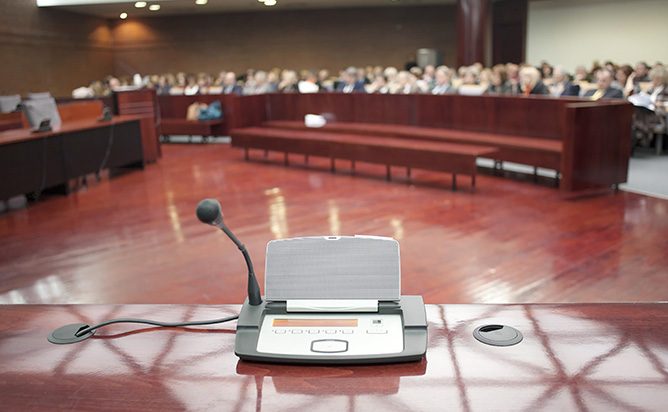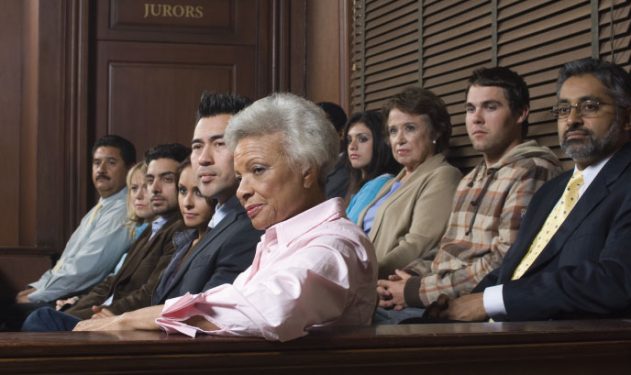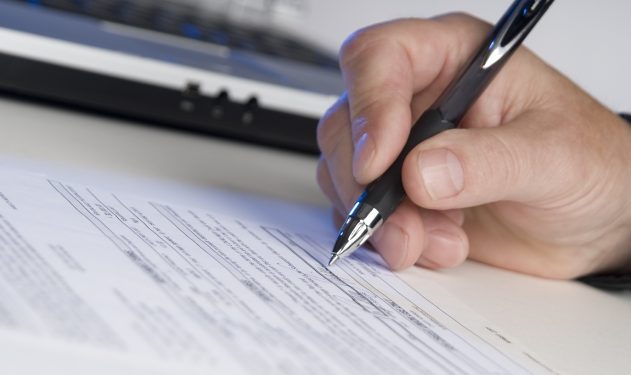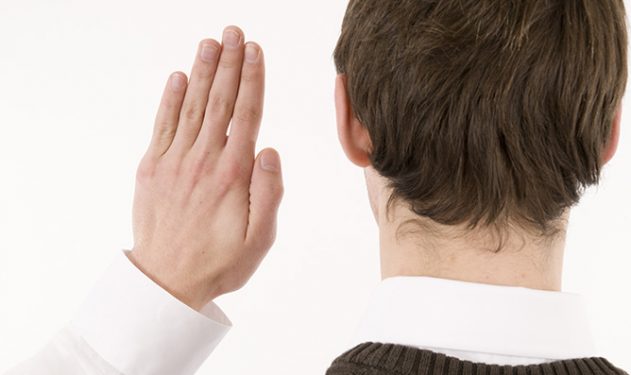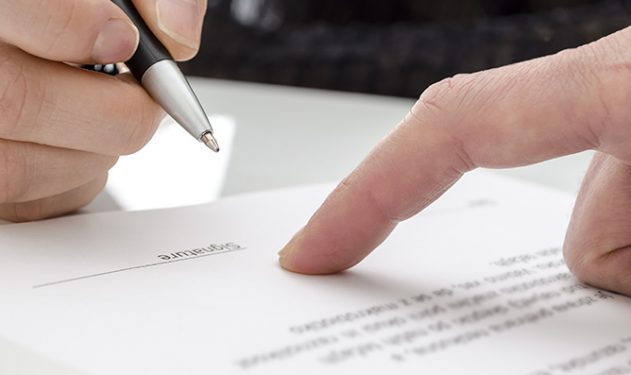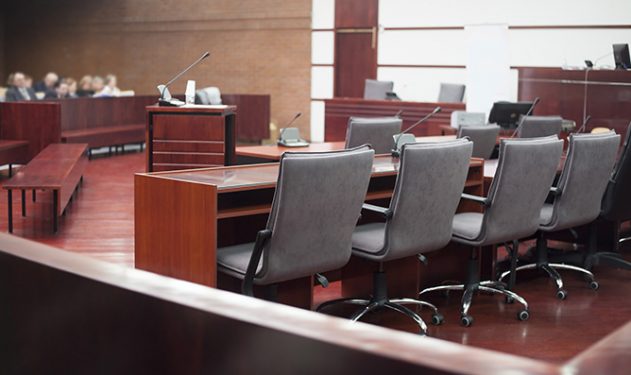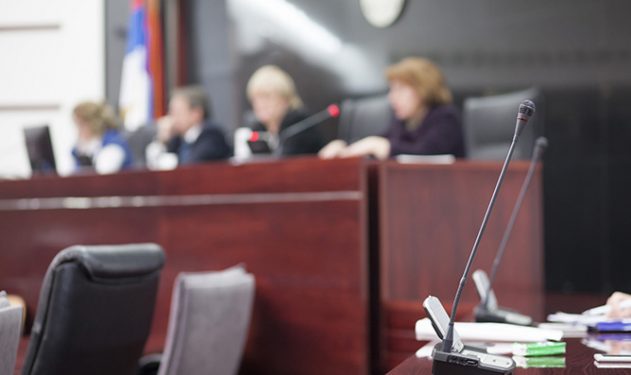The initial attention span of jurors is said to be 30 seconds or less. When information is presented orally, people tend to recall 70% of the information within 3 hours of perception, while only 10% of it is recalled after 72 hours. When the information is presented visually, retention rates average around 72% after 3 hours and only 20% after 72 hours. When infor- mation is presented both orally and visually, retention rates more than triple after 72 hours, increasing to 65%. Thus, the most effective way of communicating information to others is through a combination of auditory and visual presentation. This is born out by the fact that we now live in an era of people who are cultured, raised and educated by television and video. So, why is this so important? We want to maximize the benefit every juror gets from every expert witness. Here are some tips to do that.
Jurors want to hear a relevant, coherent true story. While the jury gets a brief synopsis of the story in opening statement, the full story is told through wit- nesses on direct examination. In technical cases such as medical malpractice or product liability, the most important witnesses are generally experts. Your experts should not stand alone, that is, out of sync with the story of your case. The experts’ testimony needs to embrace the facts and relay them to the jury as support for their conclusions and opinions. The testimony should present or expand on the central persuasive story of your case either through the experts’ own words or through exhibits the witness can identify or explain.
It is vital to your case to make testimony not only informative but interesting. This is not always an easy task when it comes to expert witnesses. Juries can get bored real quick. The more technical the subject matter, the harder it is to keep juror’s attention. Many litigators have a tendency to overlook this fact and as a consequence, testimony that should have a profound impact is often presented to an inattentive jury and all is lost. As the Director of your case, you have control over the way information is presented to the jury through your expert witnesses. You have the responsibility to keep the jury interested. Since you must appeal to a person’s auditory as well as visual senses, you must integrate demonstrative evidence into the expert’s testimony to break up the monotony of dry testimony and aid the jurors in retaining information.
Think about where the expert’s testimony best fits in the time line. His testimony should “fit” into the story at the most opportune time – when the jury is most curious and wants help, explanations and answers. That is when they are the most attentive and retain the majority of what they hear. Remember primacy, the timing of a witness’s testimony is just as important as keeping the testimony short, simple and understandable.
The organization of the overall examination should be simple and clear. Keep the questions themselves simple, direct and brief. As you move from one topic to another, use oral cues or headlines to signal the jury and the expert that you are changing the subject matter of inquiry. For example, “Now doctor, I would like to ask you about what happened the day after surgery”.
Talk to the expert as a person, not as someone who exists solely in the context of the pending legal proceeding. Keep it simple and use conversational style in your examination. Jurors engage in conversations every day of their lives and the flow of a conversation is thus easier for them to follow – as opposed to snippets of information that appear to be somewhat related. Avoid unnecessary legal formalities and jargon and get to the point. Respect the jury’s time and intelligence by keeping the pace moving and not getting bogged down in insignificant details or unnecessary repetition. If you feel you need to reinforce the experts’ testimony without annoying the jury, incorporate important words or phrases from the preceding answer into the next question. If done correctly, it leaves an impression of a smooth flowing exchange while subtly underscoring key aspects of the experts’ answer.
Use “why” questions to let the expert answer the questions you know must be in the juror’s minds. Remember, if anyone did anything out of the ordinary or did something that does not make sense, jurors are going to wonder why they did what they did and what the motivation was for doing it (or failing to do it). Jurors want answers, not confusion.
You should almost become invisible. You do not want the jurors focused on you. Rather, they need to be listening to the question from afar and paying attention to the expert’s answers. The expert should be the focus of attention. You should act interested as if you are hearing his responses to your questions for the first time to avoid the appearance that the examination is a mere formality.


